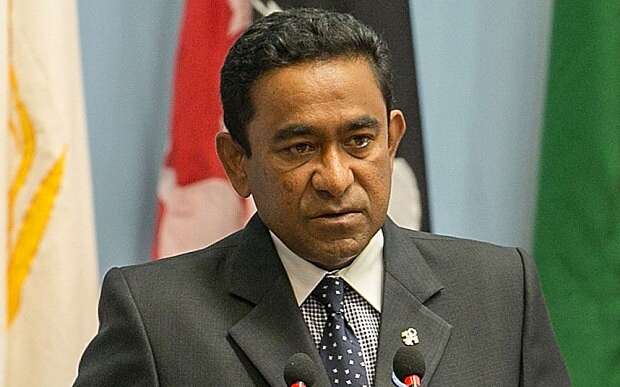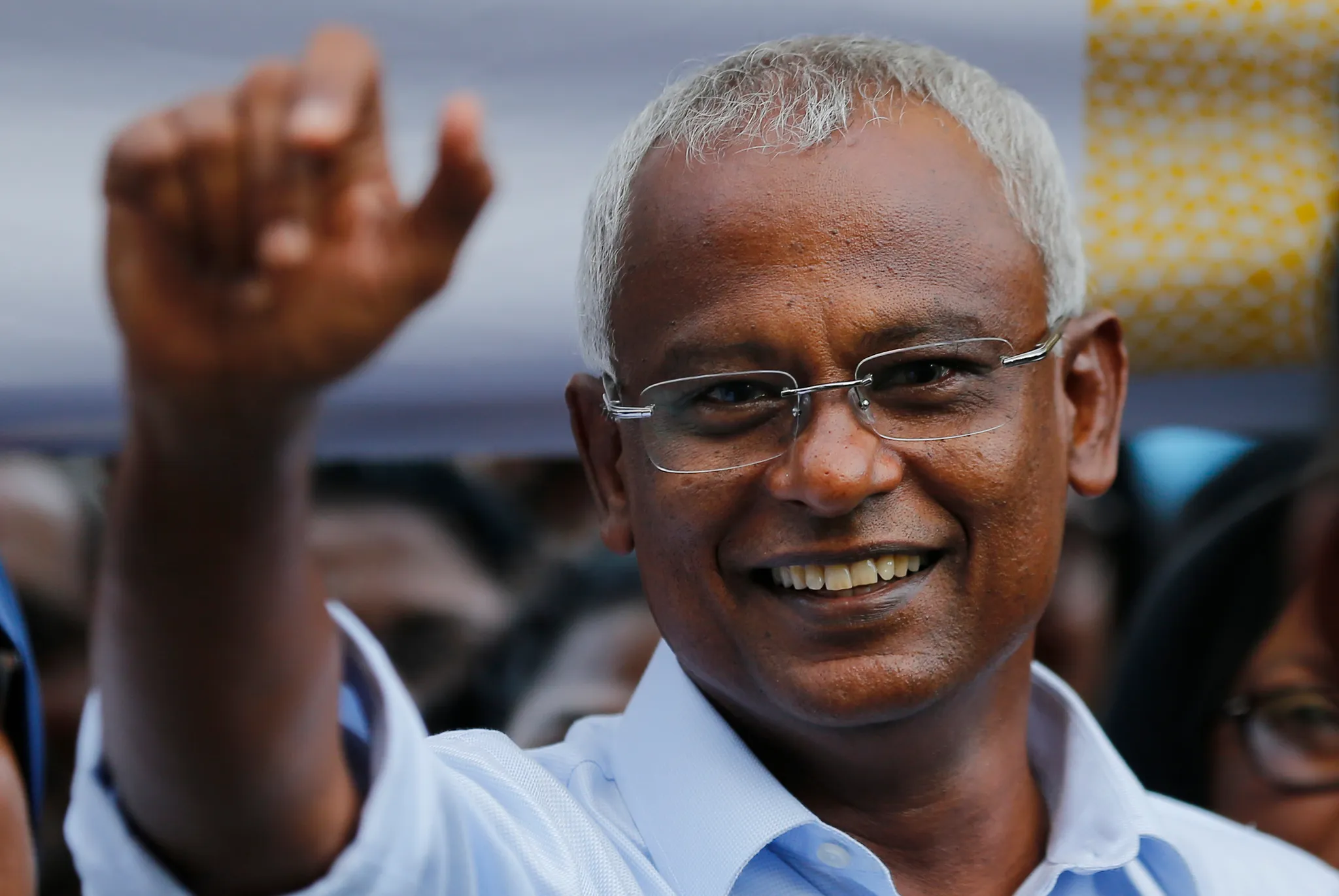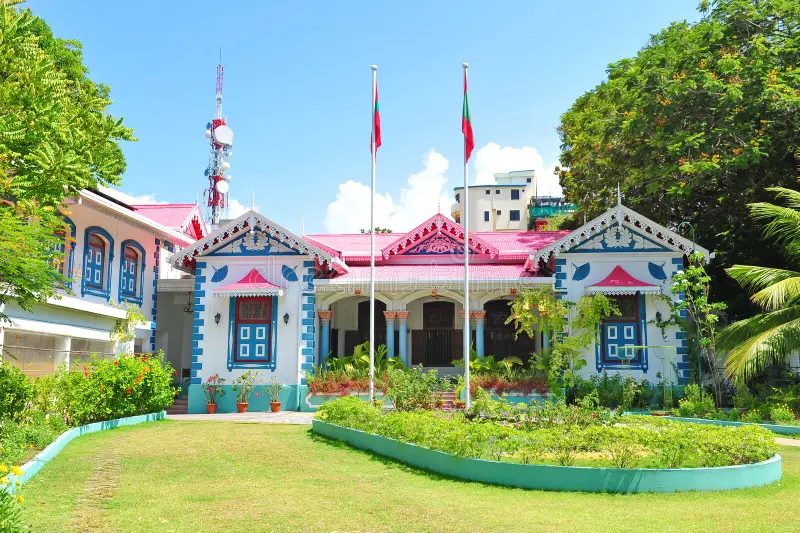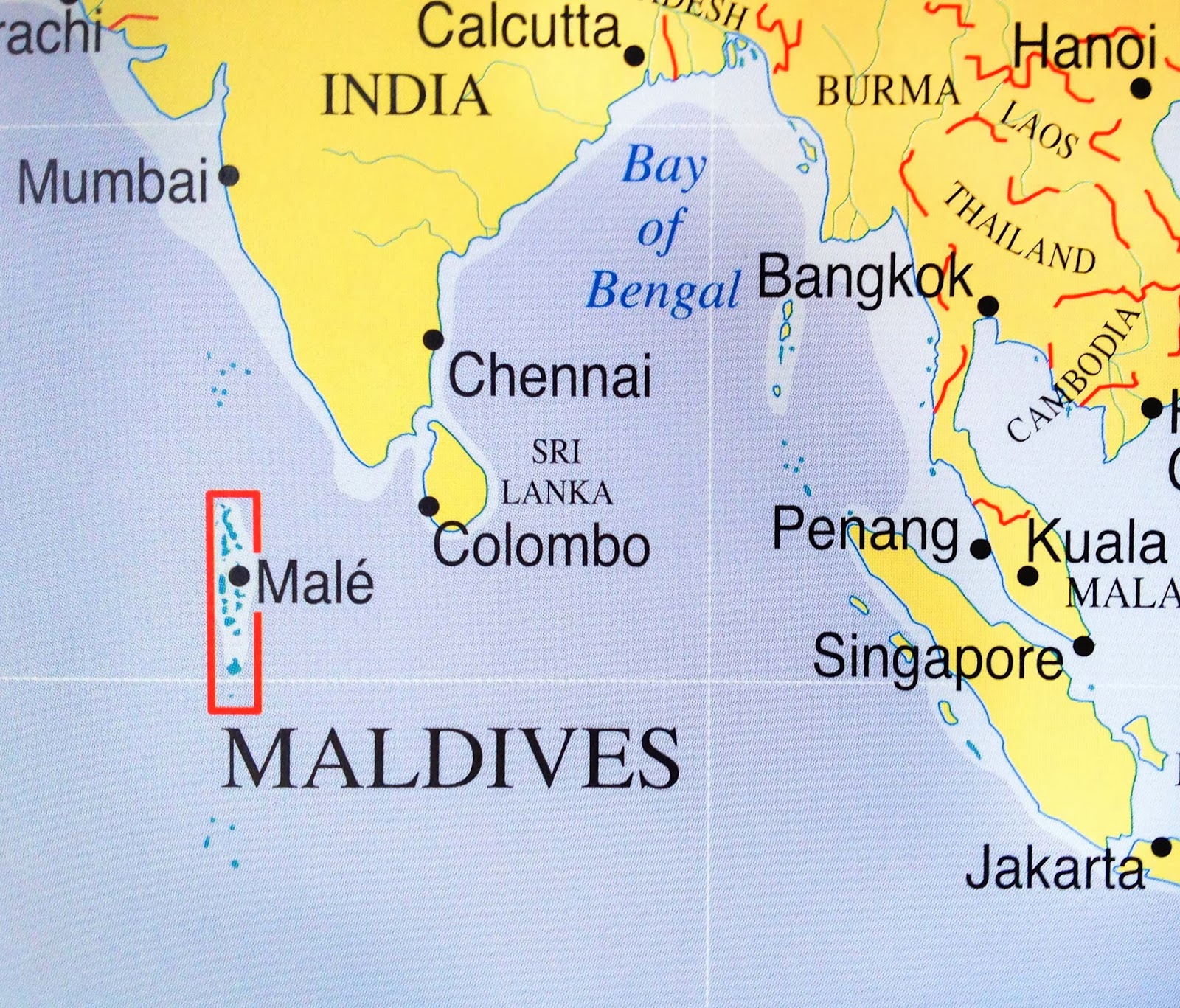The upcoming presidential election in the Maldives on September 9 is gaining attention due to the potential political implications it may have on both regional and international scale.
Former President Abdulla Yameen, whose presidency was known for an open embrace of China, serving his sentence in the country’s largest prison for accepting bribes and money laundering during his term, is still influential in the political arena.
He maintains his position for reducing India’s influence in the Maldives, which is seen in contrast to the current pro-India stance of President Ibrahim Mohamed Solih.
The ongoing campaign underscores the rising relevance of geopolitics in Maldivian elections.
Over the past four years, India has made notable strides in enhancing its presence in the Maldives through defense agreements and a substantial financial aid package for infrastructure development.
While Yameen’s views are recognized nationwide, his eligibility as a candidate is uncertain.
His party, the Progressive Party of Maldives (PPM), faces a ticking deadline to nominate him.

Other parties, including the newly formed Democrats led by former President Mohamed Nasheed, are considering a potential coalition with the PPM against Solih.
Despite political differences, these parties consider coalition building a strategy due to the electoral system’s requirement for a candidate to secure more than 50% of the votes.
The prospects for a Nasheed-Yameen alliance are uncertain, given their contrasting geopolitical stances, particularly towards India and China.
The potential for such an alliance has surfaced following a split within Solih’s ruling Maldivian Democratic Party (MDP).

Allegations of corruption and the leadership style of Solih are among the stated reasons for this split.
With a recent poll showing a majority of Maldivian voters undecided, the political landscape is expected to shift closer to the election date.
President Solih continues his campaign, launching his re-election bid with promises focused on local development and coastal protection.

WHY ARE THE MALDIVES IMPORTANT
The Maldives are geopolitically important primarily due to its strategic location in the Indian Ocean, which makes it a crucial naval and air transit route between the Middle East, Africa, and Southeast Asia.
Second, it is situated near important sea lanes of communication, making it central to global trade and maritime security.
Third, it plays a pivotal role in the geopolitical power play between major powers like India, China, and the U.S., as they seek to establish their influence in the Indian Ocean Region.
Lastly, it has significant implications for climate change politics as the Maldives is one of the most vulnerable nations to sea-level rise, giving it a strong voice in international environmental negotiations.


